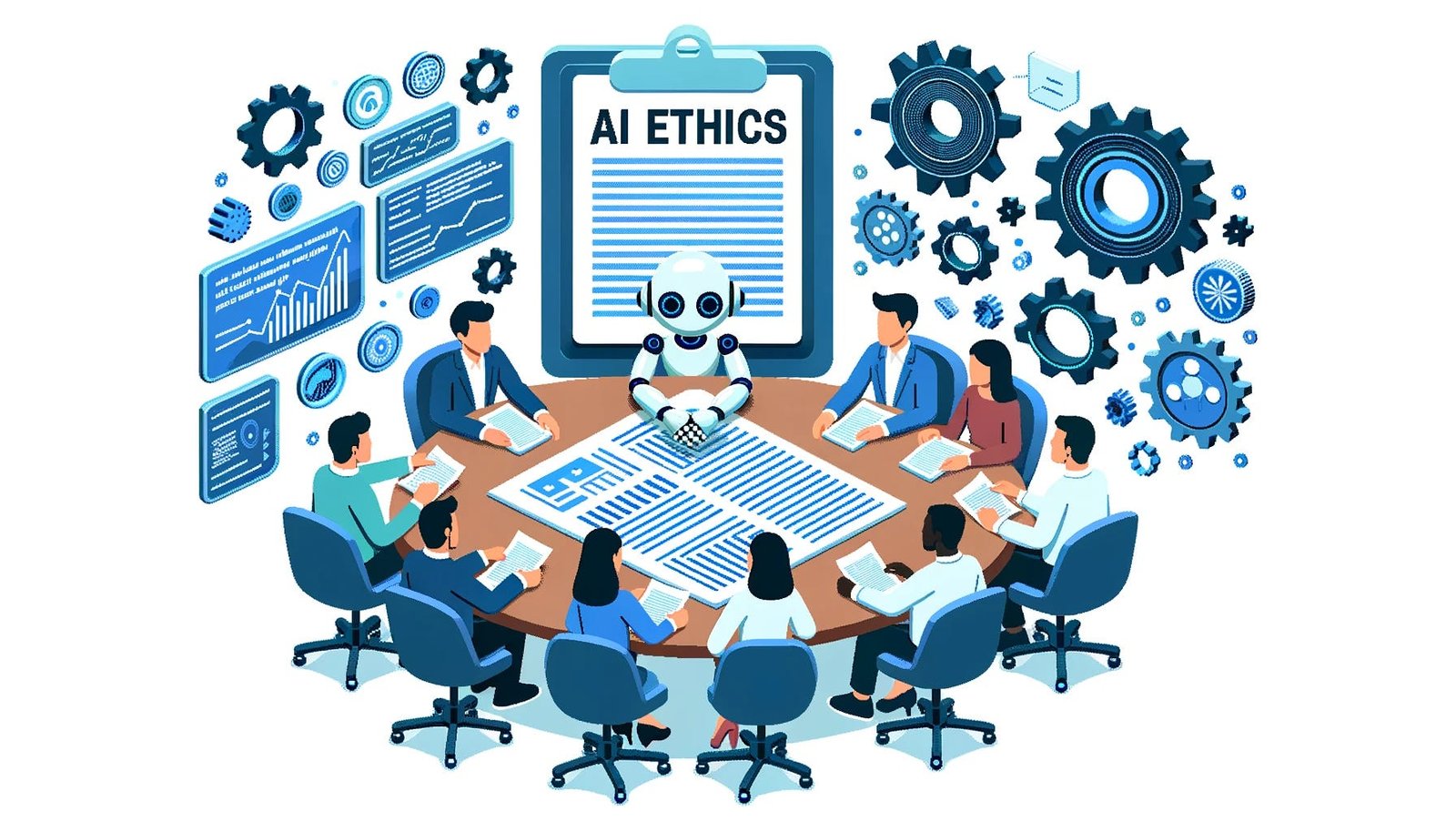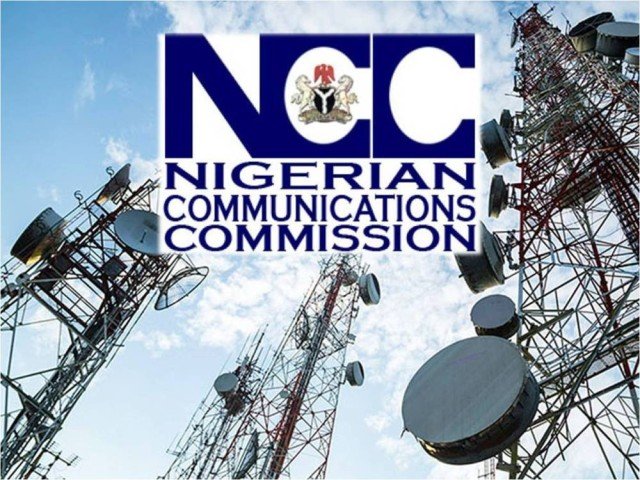Leading Tech Enterprises Unite to Champion Ethical AI Development at UNESCO Forum.
Eight major technology giants, including Lenovo Group and Microsoft, vowed on Monday to develop more ethical artificial intelligence (AI) per the United Nations framework.
Let us analyze how leading tech firms are championing ethical AI development, setting a new standard for global innovation and responsibility, in this post.
Global Commitment To Ethical AI
At the second worldwide forum on AI ethics hosted by the United Nations Educational, Scientific, and Cultural Organization (UNESCO) in Kranj, Slovenia, GSMA, INNIT, Lenovo Group, LG AI Research, Mastercard, Microsoft, Salesforce, and Telefonica inked an agreement.
This agreement is a critical step forward in the quest for ethical AI development, as top industry leaders agree to emphasize human rights and safety in AI design and deployment.
Concrete Steps Toward Ethical AI
UNESCO Director-General Audrey Azoulay praised the collaboration as “another major step” in ensuring ethical AI activities worldwide.
She stressed the necessity of real promises from major tech corporations, especially given UNESCO’s earlier efforts to build the first worldwide ethical framework for AI use.
Azoulay invited other digital firms to follow in the footsteps of these eight enterprises, emphasizing the importance of public-private sector collaboration in promoting AI development for the common benefit.
Protecting Human Rights and Safety in AI
The agreement signed by major tech companies requires them to take full responsibility for protecting human rights throughout the AI lifecycle, which includes design, development, procurement, sales, and utilization.
Furthermore, it requires the deployment of due diligence to evaluate safety standards and detect any potential negative consequences of AI. Timely efforts to prevent, reduce, or rectify such effects are also outlined, by home legislation and international standards.
UNESCO’s Pioneering Efforts on AI Ethics
UNESCO’s Recommendation on the Ethics of Artificial Intelligence is the world’s first and only normative framework for AI ethics.
Over the last two years, more than 50 countries have implemented it, indicating a rising global acknowledgment of the necessity of ethical AI practices.
In addition, UNESCO has encouraged engagement with the commercial sector, resulting in the formation of the Business Council for AI Ethics.
This council, co-chaired by Microsoft and Telefonica, aims to improve technical competence in AI ethics, create and execute ethical effect assessment tools, and contribute to the development of regional policies.
A Global Dialogue on AI Governance
The two-day UNESCO symposium, titled “Changing the Landscape of AI Governance,” drew over 600 people from 67 countries, including governments, international organizations, academic institutions, NGOs, and corporations.
This varied gathering emphasizes the worldwide significance of ethical AI governance and the importance of collaborative action in defining the future of AI technology.
Forums like these are critical to promoting ethical AI practices and ensuring that technology serves humanity’s best interests by encouraging dialogue, collaboration, and information exchange.
Leading Tech Enterprises Collaborate to Promote Ethical AI Development
Leading tech companies’ commitment to prioritizing ethics in AI development messages an important turning point in the global conversation on technology governance.
As these business titans promise to preserve human rights, safety, and responsibility in AI adoption, they set a strong example for the broader tech community.
With UNESCO’s pioneering initiatives and the formation of collaborative platforms such as the Business Council for Ethics of AI, stakeholders from all industries are banding together to deal with the complicated world of AI ethics.





